When you come home to find your cat has had a litter box accident, it can be frustrating. But instead of assuming your furry companion is being naughty or trying to annoy you, it’s important to understand what they’re really trying to communicate. In this guide, we’ll explore the possible reasons behind your cat’s litter box accidents and provide actionable solutions to help you get your kitty back on track.
Is Your Kitty’s Litter Box Accident Linked to Their Health?
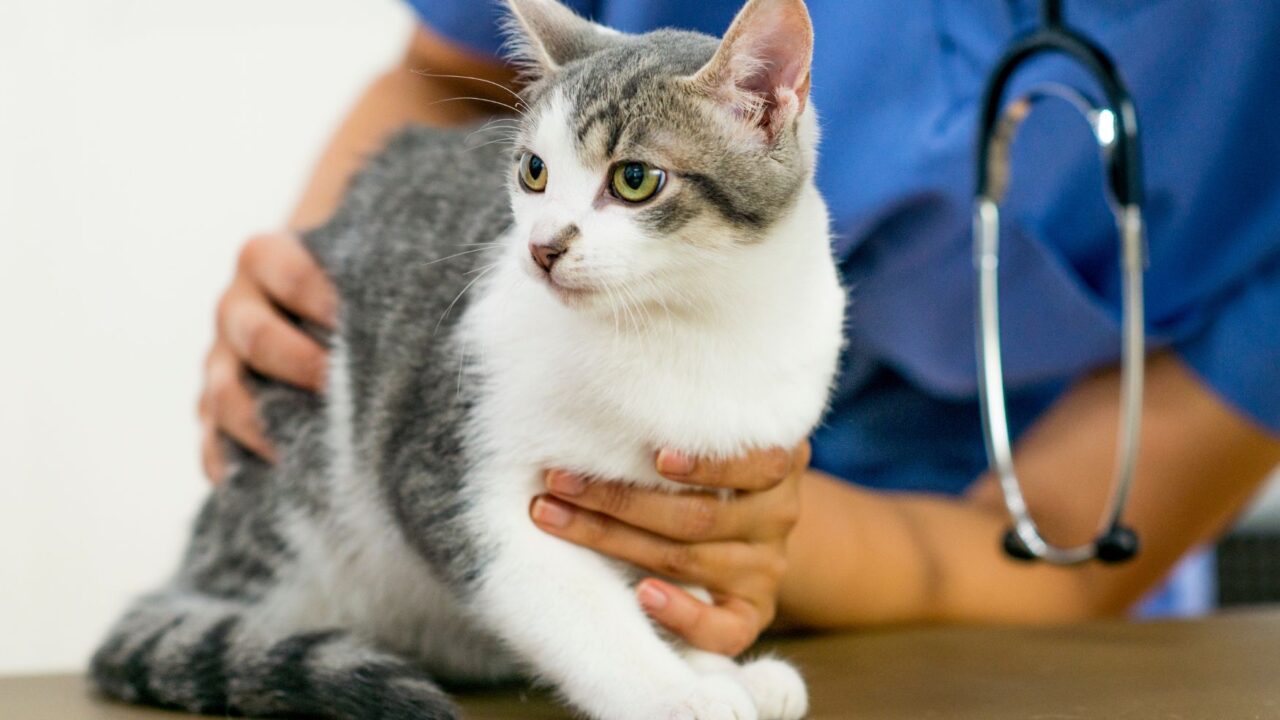
Have You Gone to the Vet?
If your feline suddenly starts going outside the box, it’s crucial to consider their health. Some conditions, like urinary tract infections, can cause urgent or painful elimination, leading to inappropriate litter box behavior.
Schedule a vet visit to rule out any medical issues. Inform your veterinarian about the litter box accidents and ask them to perform a thorough examination to identify any potential health problems.
Helping Your New Family Member Adjust to the Litter Box
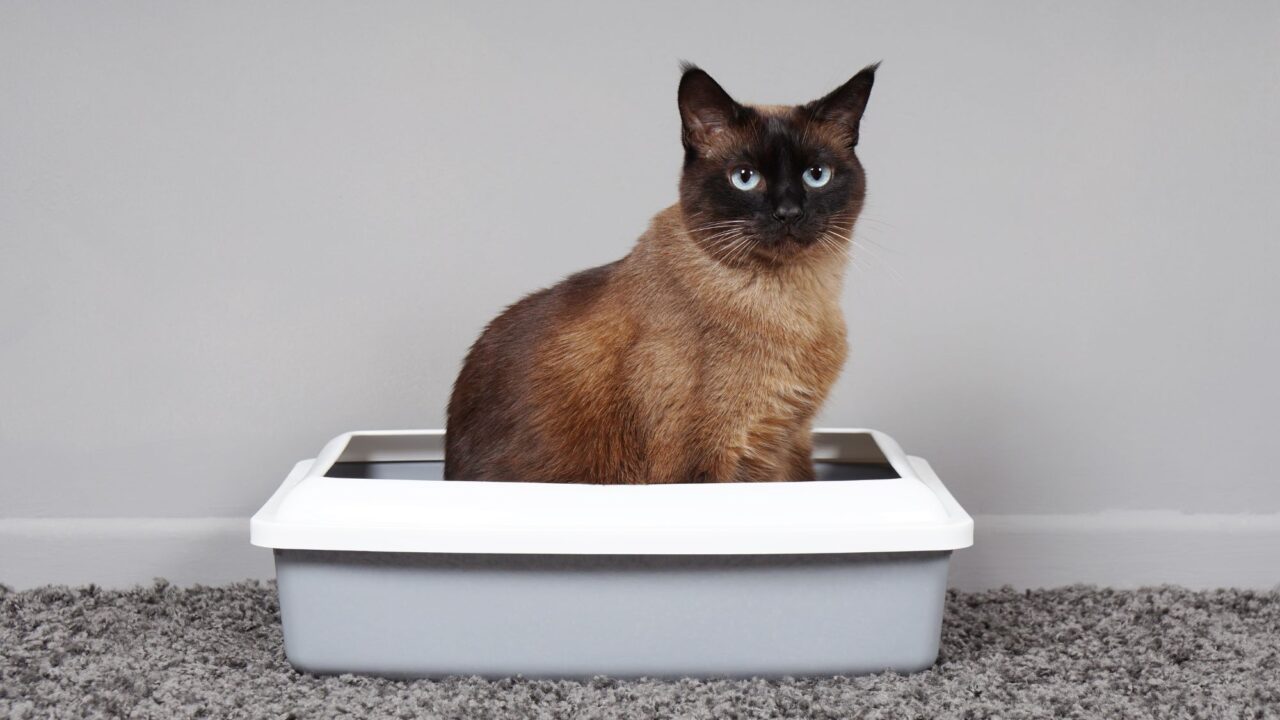
Is Your Feline a New Family Member?
Introducing a new cat to your household can sometimes result in litter box accidents. Young kittens, as well as adult cats, may require confinement in a small room, like a bathroom, until they can familiarize themselves with the litter box location and develop appropriate habits.
Adult cats, especially, find change stressful and may need extended confinement to ensure a smooth transition. For more tips on helping your new kitty adapt, refer to our comprehensive guide on “Why to Confine Your New Kitty.”
The Importance of a Clean Litter Box for Your Kitty’s Happiness
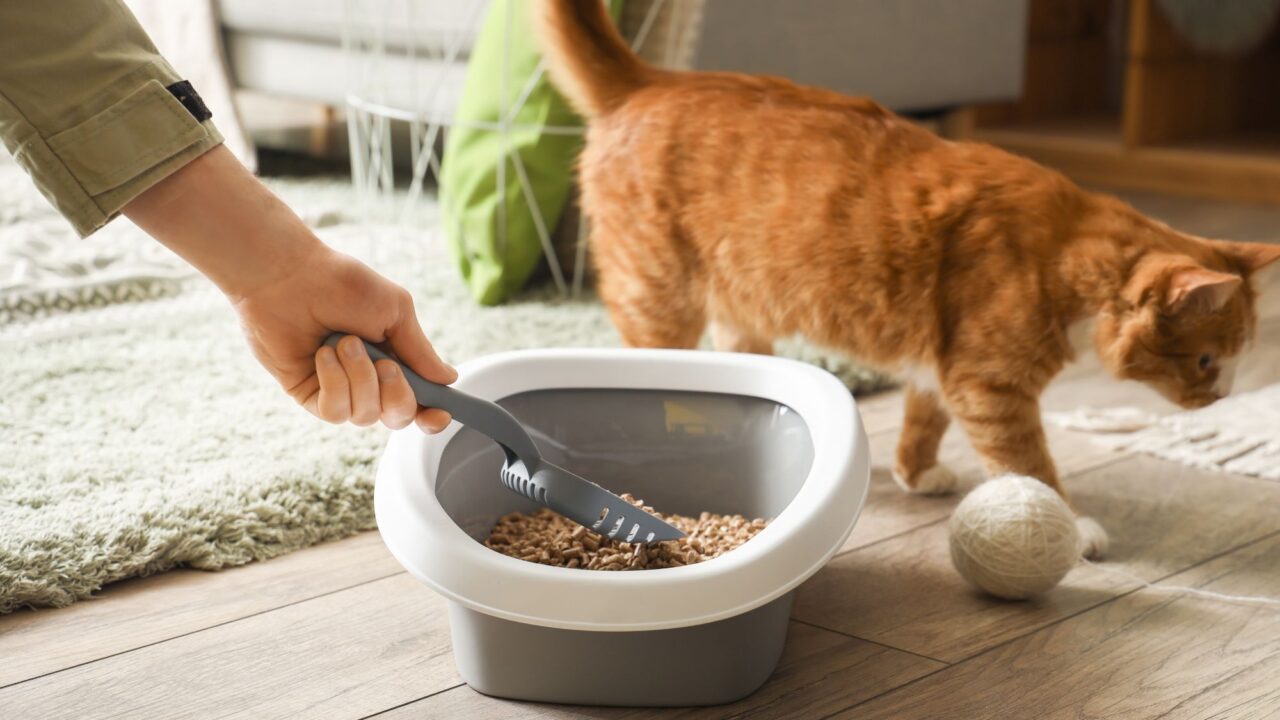
Is the Litter Box Clean?
While some cats may tolerate a less-than-pristine litter box, others are naturally fastidious. Ideally, you should scoop the litter box on a daily basis. If your cat starts having accidents, try increasing the daily scooping and frequency of deep cleans. If the issue resolves, it’s likely that your cat was expressing a need for a cleaner environment.
Creating an Ideal Litter Box Environment for Your Cat
Is There a Problem with the Box, Litter, or Location?
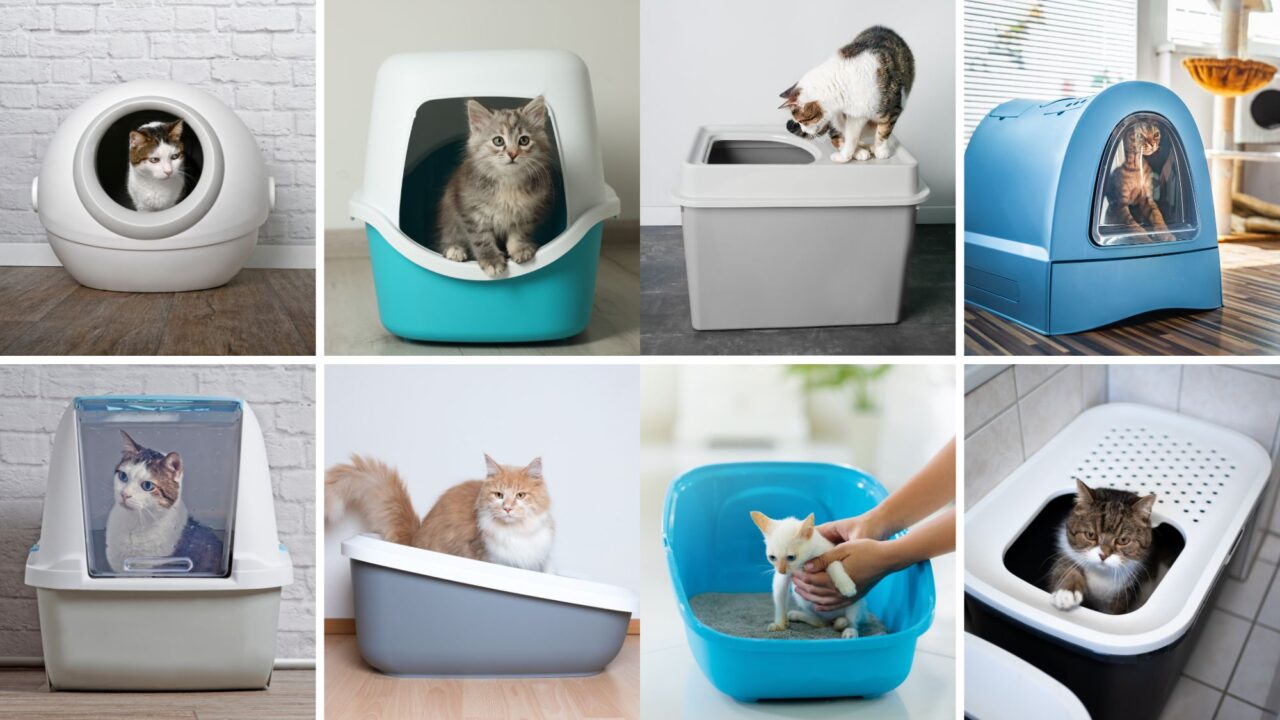
Cats have individual preferences when it comes to their litter box setup. Experiment with different types of litter to find the one your cat prefers.

Some cats may feel uncomfortable in covered boxes, so consider removing the lid or trying a different box design. Self-cleaning litter boxes can startle a skittish cat, so a traditional one may be a better choice.
Do You Have Enough Litter Boxes?
It’s crucial to provide enough litter boxes, ideally one per cat plus an additional box—more boxes increases the opportunity for cats to have access to a clean litter box. Additionally, ensure the litter box is located in a quiet, easily accessible area to prevent any fears or inconveniences. Litter boxes should be located in different areas around the house, some cats may feel uncomfortable using litter boxes that are in the same room.
Understanding the Impact of Declawing and Routine Changes on Litter Box Behavior
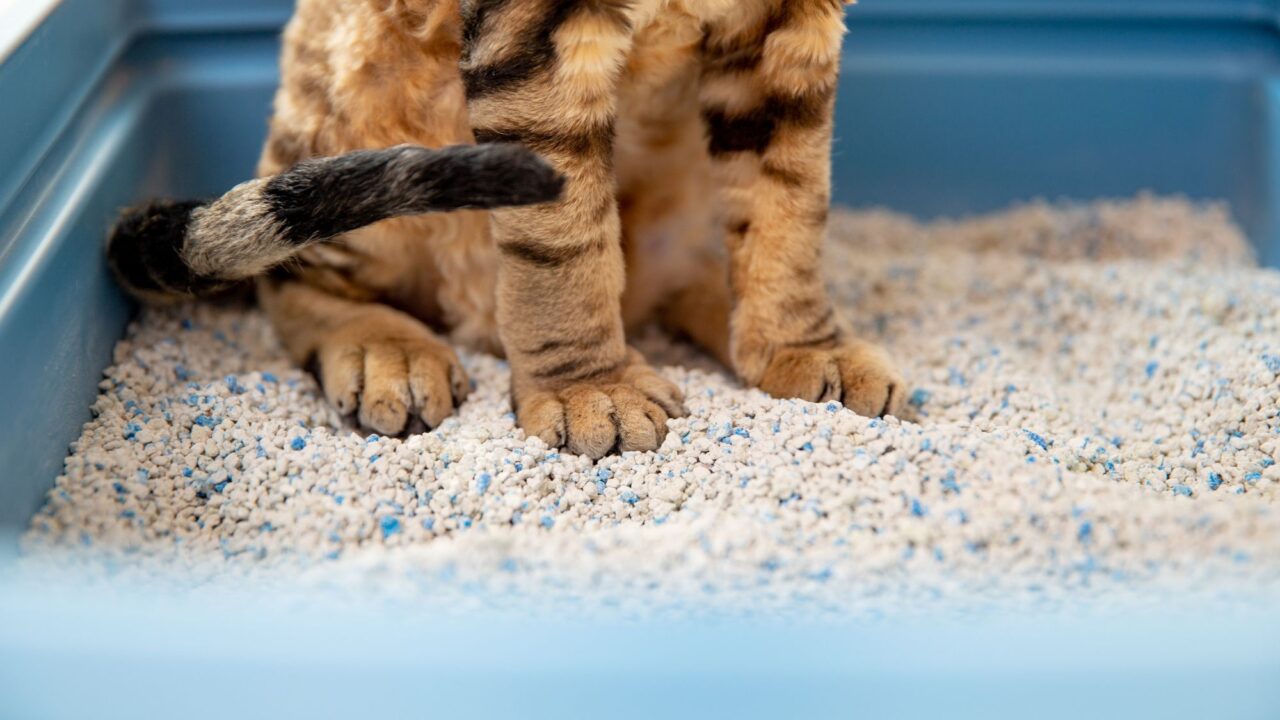
Is Your Cat Declawed?
Studies indicate that declawed cats are more likely to exhibit inappropriate elimination behavior. The declawing procedure is painful, and cats may associate scratching in the litter box with that pain during recovery.
Today, animal experts are opposed to declawing cats. It can cause unnecessary discomfort and frustration. If your cat is already declawed, experiment with different kinds of litter to identify the most comfortable option.
Pro tip: small critter bedding is typically a soft and fluffy paper material that can be softer on the paws for declawed cats! It’s not technically a litter but sure can be used as one!
Could Changes in Routine be Causing the Litter Box Accidents?
Cats are creatures of habit and can struggle with adapting to changes in their environment. Alterations in living space, family dynamics, or daily routines can all lead to stress and behavioral changes—including litter box accidents.
Providing your cat with extra attention and affection during periods of transition can help them adjust more smoothly. Kitties need time to re-establish routines and incorporating as much familiarity as possible helps.
Consulting a Behaviorist to Resolve Litter Box Issues
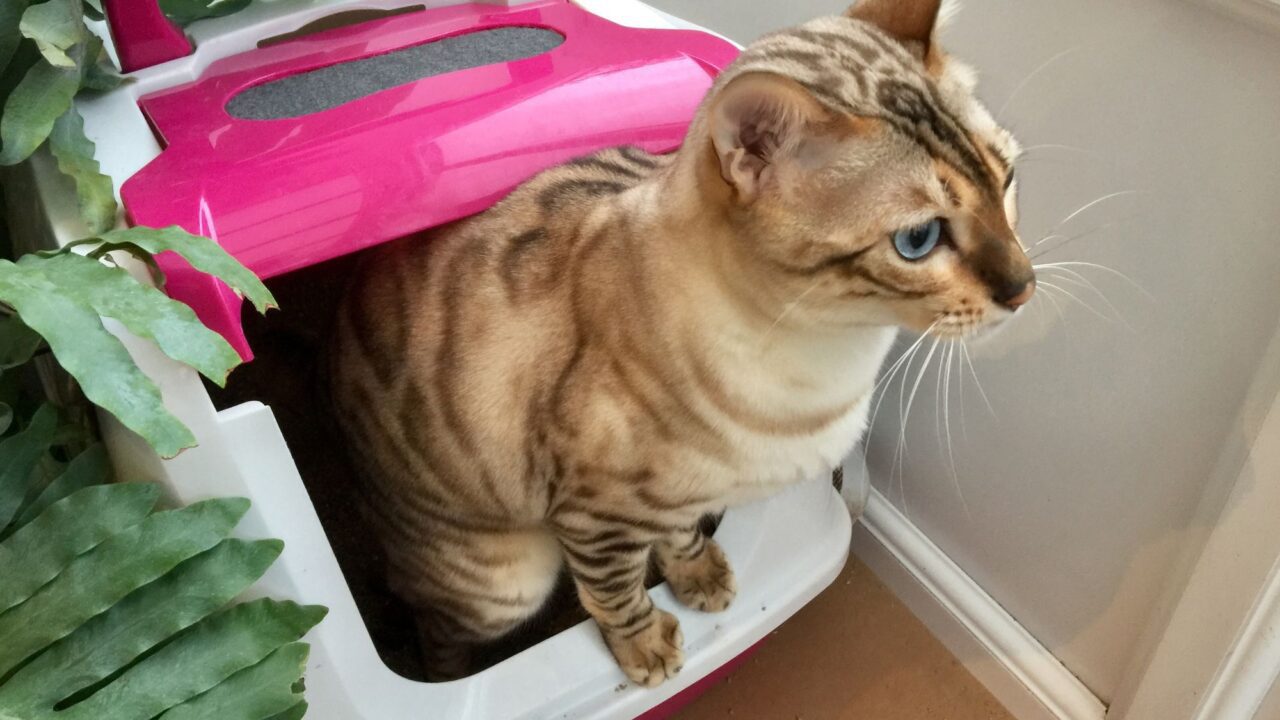
Is it Time to Consult an Expert?
If your cat’s litter box problems are behavioral rather than medical, seeking assistance from a professional behaviorist could be helpful. They can help identify the underlying cause of your cat’s inappropriate elimination and provide tailored solutions.
Look for a behaviorist in your local area, or consider utilizing free resources like the ASPCA’s “Virtual Behaviorist” tool for further information and guidance.
Understanding is Key
Understanding the reasons behind your cat’s litter box accidents is key to resolving the issue and restoring harmony in your home.
By addressing potential health problems, providing appropriate confinement and litter box cleanliness, optimizing the setup, considering the impact of declawing and routine changes, and seeking professional help when needed, you can guide your kitty back to using the litter box consistently.
Remember, patience and understanding are crucial as you work towards finding the right solutions for your feline friend




